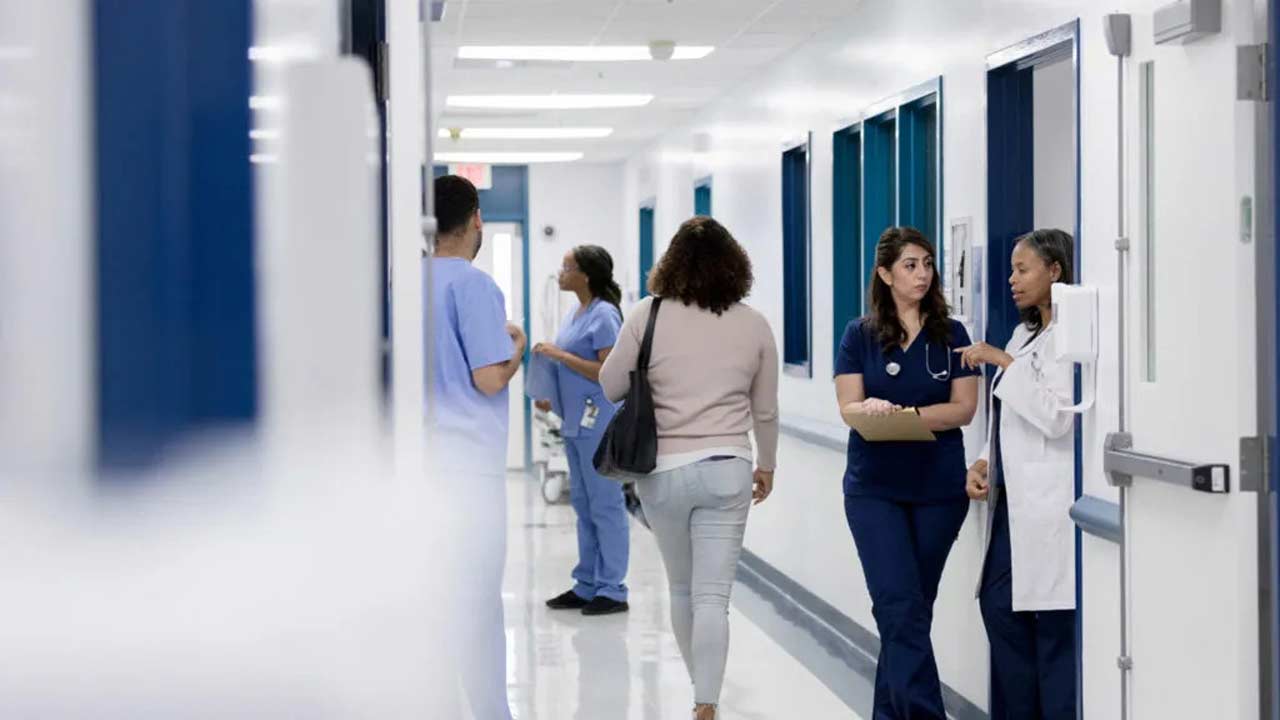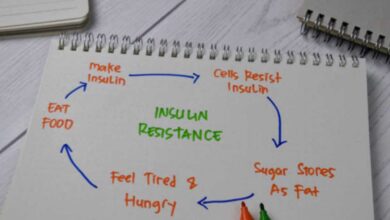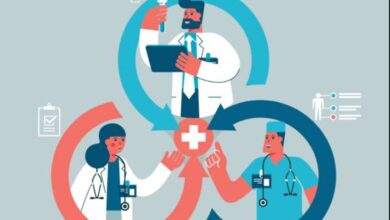
Medication security in healthcare facilities is of utmost importance in maintaining patient safety and meeting regulatory standards. Unfortunately, traditional lock-and-key systems no longer meet security needs efficiently in many complex healthcare environments; advanced solutions, like the lock for medicine cabinet, come into play offering better control and protection than their counterparts.
Understanding Medication Security
Medication security is of critical importance in protecting patient health and avoiding abuse of medications. Without effective security measures in place, medication could easily be stolen, misused, or administered incorrectly leading to severe health risks as well as legal consequences for improper administration of prescriptions. By making sure medications can only be accessed by authorized personnel it helps mitigate such risks while creating a safer healthcare environment.
Implementing Advanced Locking Solutions
Modern healthcare facilities are increasingly turning to electronic and smart locks as advanced locking solutions to increase medication security. These advanced locking solutions offer many advantages over more traditional approaches; electronic locks can provide secure access control ensuring only authorized individuals may open medicine cabinets; smart locks provide additional layers of security such as audit trails and remote monitoring while remaining seamlessly integrated within existing infrastructures.
Best Practices for Enhancing Medication Security
Healthcare facilities that want to achieve maximum medication security must implement certain best practices. Regular audits and inspections can ensure all security measures are functioning appropriately while simultaneously identifying any vulnerabilities, thus uncovering weak points within their security system and promptly addressing them as quickly as possible. Auditing can also ensure compliance with regulatory standards which could protect from legal issues while inspecting storage areas and security systems can detect malfunctioning equipment or procedural mistakes that compromise this vital aspect of security.
Staff training and awareness programs are also of critical importance; providing staff with education on medication security issues as well as access and handling protocols will significantly strengthen security measures and better protect patients against potential security breaches. Training should cover current security technologies as well as practices while emphasizing accountability and vigilance.
Establishing and enforcing comprehensive access control policies are vital in restricting medication storage areas to only authorized personnel. With proper communication between these policies and those who may handle sensitive medicines, misuse or theft risks are reduced significantly.
Technology and Medication Security
Technological developments play a vital role in strengthening medication security. Biometric locks and RFID systems offer one such solution that offers effective monitoring. These innovative solutions enable precise tracking and monitoring of accessing medication – as every entry logs and any unauthorized attempts are flagged; biometric locks use unique biological traits like fingerprints or retinal scans as access tokens while RFID systems track medication movements in real-time to add another level of accountability and security.
Digital solutions also streamline medication administration, making the process more secure and reducing human error risk. Automated systems can manage inventory, track expiration dates, and ensure medication is stored at appropriate temperatures – eliminating chances for human mistakes! Not only are digital solutions improving security but they’re also increasing operational efficiencies within healthcare facilities themselves by seamlessly connecting to their healthcare management systems for secure storage and handling of medications.
Practical Steps for Implementation
Healthcare facilities looking to strengthen medication security must follow these steps to be successful. Assessing existing security protocols is the initial key step and facilities must conduct a complete review of current systems to identify any vulnerabilities or inefficiency; this assessment gives facilities a clear picture of which changes may need to take place to enhance security.
Selecting effective locking solutions is the next step in this journey. Selecting advanced locks based on specific facility needs and layout is imperative, while considering ease of use, compatibility with existing systems, and level of security required as factors when making this decision. Achieve a smooth transition from traditional to advanced systems for maximum effectiveness!
Addressing Common Challenges
Enhancing medication security may present numerous obstacles, including budget constraints and resistance to change. Overcoming these difficulties requires strategic planning and stakeholder involvement: Securing funding via grants or reallocating budget items may help, while actively engaging staff during transition can alleviate some problems. Ongoing improvement with new security technologies should also help achieve long-term success.
Conclusion
For healthcare facilities to remain compliant and protect the well-being of their patients, strong medication security is of utmost importance. By employing advanced locking solutions and following best practices, facilities can significantly strengthen their security measures while prioritizing medication security issues will create an environment that fosters greater patient safety and efficiency in care provision.







